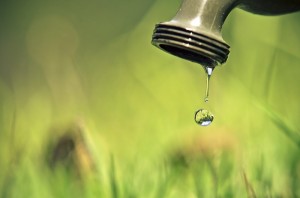July 2025: 2.05% (B grade)

Nevada inventionINDEX July 2025: 2.05% (B grade)
The inventionINDEX measures innovation output by comparing GDP growth with patent production growth.
Anything over C grade is positive sentiment; anything under C is negative outlook/sentiment. Using that sentiment, it is possible to observe trends over time, and also compare states/countries. In doing so, we can predict which states have the best chance to recover economically from the pandemic (or any other economic incident that may occur).
Nevada inventionINDEX Scores – Last 12 months
| Month | inventionINDEX Score |
| July 2025 | 2.05% |
| Jun 25 | 0.65% |
| May 25 | 1.88% |
| Apr 25 | 1.17% |
| Mar 25 | 0.77% |
| Feb 25 | 0.91% |
| Jan 25 | 0.77% |
| Dec 24 | 1.62% |
| Nov 24 | 0.57% |
| Oct 24 | 1.39% |
| Sep 24 | 0.43% |
| Aug 24 | 0.57% |
| Jul 24 | 2.25% |
Examining the last 60 months of historical data reveals a fluctuating yet ultimately progressive trajectory for the inventionINDEX score. The most recent score of 2.05% in July 2025, which corresponds to a solid ‘B’ rating, marks a strong rebound from the previous month’s ‘D+’ and places it among the higher scores recorded in the last five years. This performance is well above the average and signifies a significant upswing. While the highest score in this period was an exceptional 3.85% (A+) in February 2024, the July 2025 result demonstrates a return to a more robust level of innovative activity after a period of volatility.
A consistently high inventionINDEX score, particularly one in the ‘A’ or ‘B’ range, is a strong indicator of a healthy and dynamic innovation ecosystem. Such a score suggests a high volume of quality patent applications and a favorable environment for research and development. This can have significant positive outcomes, including attracting substantial investment capital, fostering the growth of new businesses, and drawing in top-tier talent. The peak score in February 2024, for example, would have signaled a period of extraordinary inventive output, potentially fueled by specific industry breakthroughs or a supportive policy landscape that stimulates creativity and commercialization.
Conversely, a lower inventionINDEX score, such as those in the ‘D’ and ‘D+’ range seen frequently between 2022 and early 2023, points to potential challenges. A decline in the score may reflect a slowdown in patent filings, a reduction in research and development spending, or a less competitive economic climate. These periods can have negative implications, such as reduced long-term economic competitiveness, difficulty in attracting venture capital, and a risk of losing skilled professionals to regions with more vibrant innovation sectors. The lowest score, a -0.06% in January 2022, represents a moment where the rate of innovation was notably stagnant or in decline, a concerning signal for future growth.
In conclusion, the historical data illustrates a clear relationship between the inventionINDEX score and the health of the innovation landscape. The recent return to a ‘B’ rating in July 2025 is a positive development that suggests a renewed focus on inventive output. While the index is prone to monthly fluctuations, the overall trend points to periods of both significant growth and noticeable lulls. Maintaining a high score requires sustained effort and investment, as it is a key metric for attracting the resources and talent necessary for long-term prosperity.
Discussion:
In July, the Nevada inventionINDEX scored a positive sentiment which was higher than the previous year’s average and outperformed the upward trend for the year. This is similar to the prior 12 months, which experienced an upward trend.
As the economy continues to stabilize in the post-pandemic era, it remains uncertain whether any backlog of applications still exists or if the department has returned to normal processing timelines. The inventionINDEX could also be affected by lingering consequences from the pandemic, such as company closures, reduced workforces, and limited R&D capabilities, which may still be impacting current operations.
Learn More:
Are you thinking of patenting any of your bright ideas? Did you know your research work could be eligible for the R&D Tax Credit and you can receive up to 14% back on your expenses? To find out more, please check out our free online eligibility test.
Swanson Reed’s Nevada office provides R&D tax credit consulting and advisory services to Las Vegas, Henderson, Reno, North Las Vegas, Sparks, Carson City, Fernley, Elko, Mesquite, and Boulder City.
Feel free to book a quick teleconference with one of R&D tax specialists if you would like to learn more about R&D tax credit opportunities.
Who We Are:
Swanson Reed is the largest Specialist R&D tax credit advisory firm in the United States. With offices nationwide, we are one of the only firms globally to exclusively provide R&D tax credit consulting services to our clients. We have been exclusively providing R&D tax credit claim preparation and audit compliance solutions for over 30 years.
Swanson Reed hosts daily free webinars and provides free IRS CE and CPE credits for CPAs. For more information please visit us at www.swansonreed.com/free-webinars or contact your usual Swanson Reed representative.
What is the R&D Tax Credit?
The Research & Experimentation Tax Credit (or R&D Tax Credit), is a general business tax credit under Internal Revenue Code section 41 for companies that incur research and development (R&D) costs in the United States. The credits are a tax incentive for performing qualified research in the United States, resulting in a credit to a tax return. For the first three years of R&D claims, 6% of the total qualified research expenses (QRE) form the gross credit. In the 4th year of claims and beyond, a base amount is calculated, and an adjusted expense line is multiplied times 14%. Click here to learn more.
R&D Tax Credit Preparation Services
Swanson Reed is one of the only companies in the United States to exclusively focus on R&D tax credit preparation. Swanson Reed provides state and federal R&D tax credit preparation and audit services to all 50 states.
If you have any questions or need further assistance, please call or email our CEO, Damian Smyth on (800) 986-4725.
Feel free to book a quick teleconference with one of our national R&D tax credit specialists at a time that is convenient for you.
R&D Tax Credit Audit Advisory Services
creditARMOR is a sophisticated R&D tax credit insurance and AI-driven risk management platform. It mitigates audit exposure by covering defense expenses, including CPA, tax attorney, and specialist consultant fees—delivering robust, compliant support for R&D credit claims. Click here for more information about R&D tax credit management and implementation.
Our Fees
Swanson Reed offers R&D tax credit preparation and audit services at our hourly rates of between $195 – $395 per hour. We are also able offer fixed fees and success fees in special circumstances. Learn more at https://www.swansonreed.com/about-us/research-tax-credit-consulting/our-fees/
Choose your state













